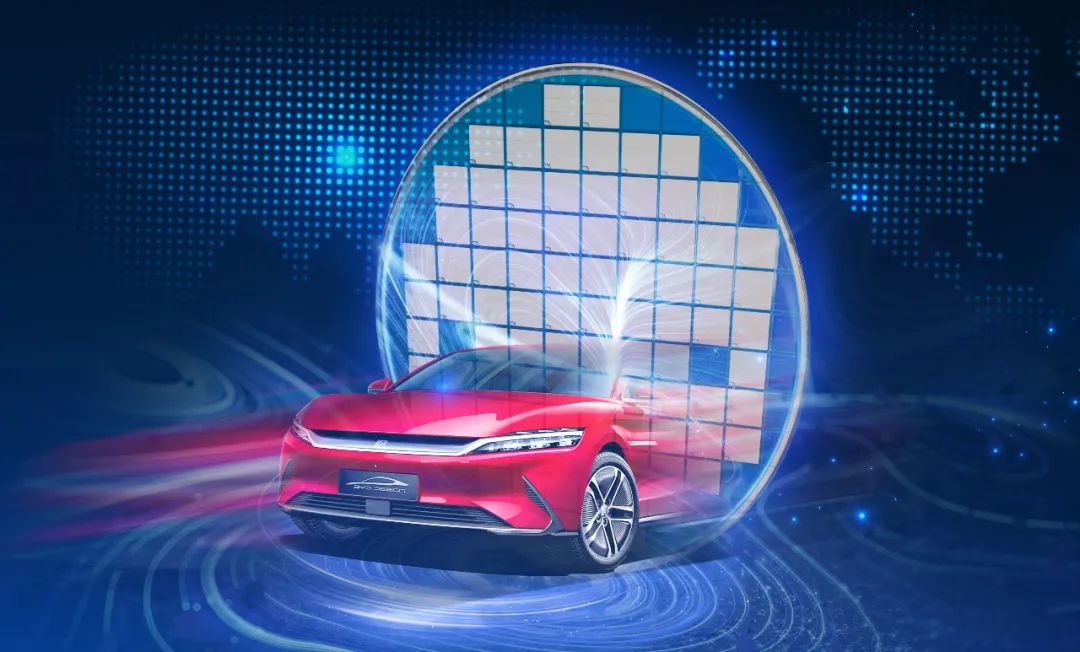
(JW Insights) Jun 26 -- Chinese car manufacturers are venturing into the smartphone market in the era of intelligent electric vehicles, blurring the lines between industries as technology advances, reported China Daily on June 26.

The Ministry of Industry and Information Technology issued an approval certificate for a smartphone developed by Chinese EV startup Nio last week, suggesting that the launch and availability of Nio Phone are drawing closer.
The smartphone can serve as the key for Nio vehicles, with improved data transmission speed and distance measurement accuracy compared to traditional Bluetooth keys, according to the notice, reported China Daily.
Nio Phone made its debut at Nio Day in December 2022, when CEO William Li announced that Nio would release a new smartphone model annually. In April, he said the phone will be delivered in the third quarter of this year.
Li said that Nio's entry into the phone industry was not aimed at competing with established smartphone companies like Huawei or Xiaomi. Instead, their focus was on meeting the demands of their users.
The decision to enter the phone market was also driven by concerns over Apple's entry into the auto industry. Nio created the smartphone as a defensive measure from the competition posed by Apple's vast user base, according to Li.
An auto expert commented that Nio's foray into the smartphone market is driven by a larger goal of establishing a comprehensive mobile intelligent ecosystem that integrates people, vehicles and devices.
This move aligns with the trend in intelligent driving and the growing importance of human-vehicle interaction, the expert said.
In a similar vein, Swedish EV maker Polestar said last week it had formed a joint venture with Chinese smartphone maker Xingji Meizu, reported the China Daily article.
Polestar holds 49 percent of the joint venture, while Meizu controls the remaining 51 percent, providing $98 million and $102 million in funding respectively.
The collaboration aims to develop an operating system specifically for Polestar cars sold in China, integrating the latest smart technologies into Polestar vehicles.
The new OS will be based on Meizu's Flyme Auto system, which was launched earlier this year, and enable seamless connectivity between in-car apps and customers' mobile phones.
Meizu, owned by Geely Group, which is also one of Polestar's major investors and controls Volvo Cars, holds a significant position in the collaboration.
Li Shufu, chairman of Geely Group, said that the race in the intelligent vehicle and smartphone sectors will no longer be separate. Instead, he predicted a fusion aimed at providing users with a multi-terminal, full-scenario and immersive experience.
Polestar CEO Thomas Ingenlath said that China is one of the fastest-growing EV markets in the world with distinct consumer trends, notably the integration of consumer electronics and vehicles.
Through this partnership, the two sides will provide Chinese customers with an experience that exceeds expectations, he said.
Xu Haidong, vice-chief engineer of the China Association of Automobile Manufacturers, said that by integrating smartphones, carmakers can enhance the interaction between humans and machines while driving digital transformation in the industry.
But some are not optimistic about carmakers' entry into smartphone industry.
Chen Yudong, president of Bosch China, said that it is challenging for auto companies to profit from the smartphone business, said the China Daily report.
Chen said that carmakers have lower sales volumes compared to established smartphone manufacturers. Converting vehicle owners into smartphone users may not result in a substantial user base that can support a profitable smartphone business, he said.
(Li PP)









